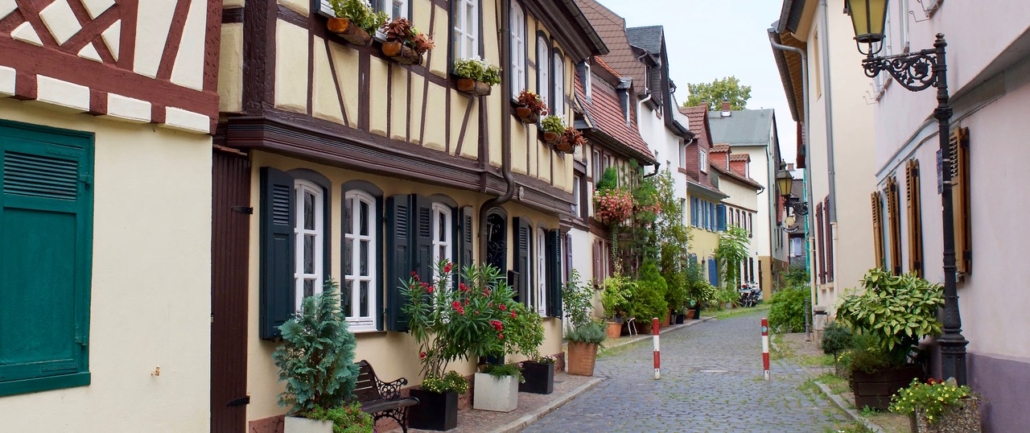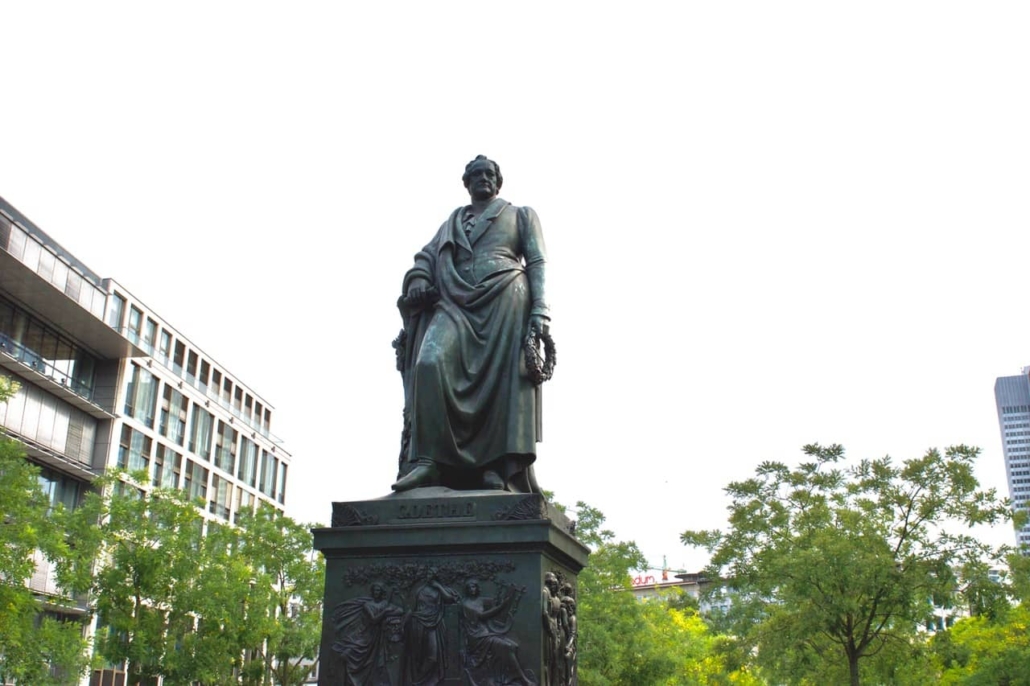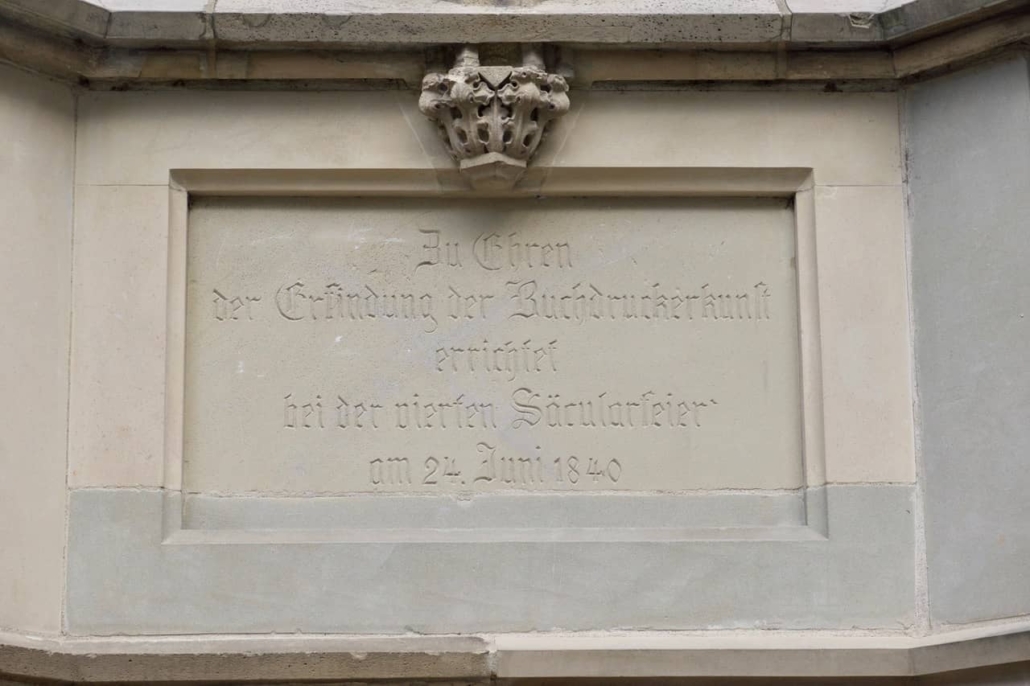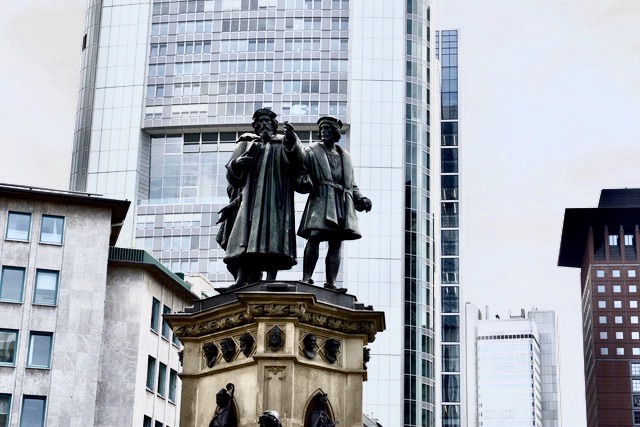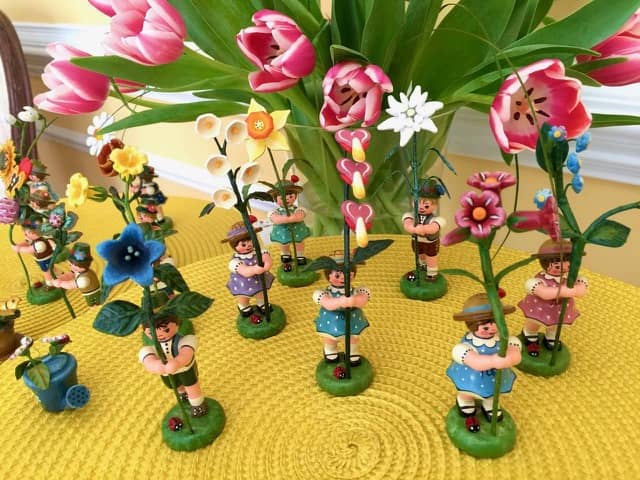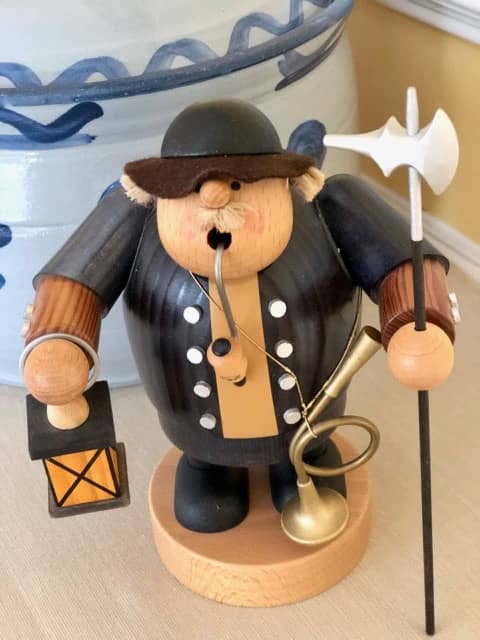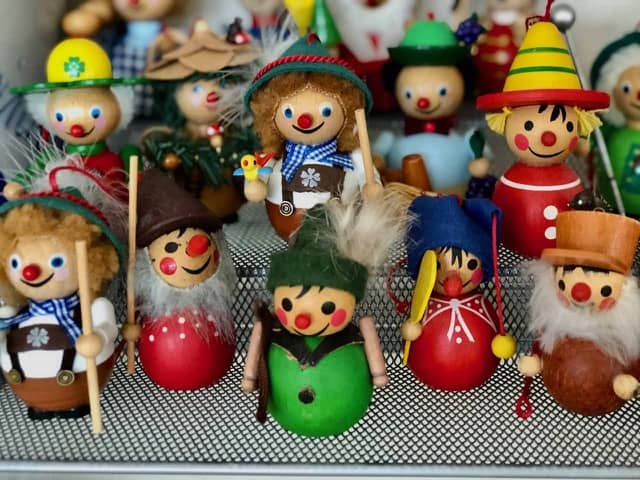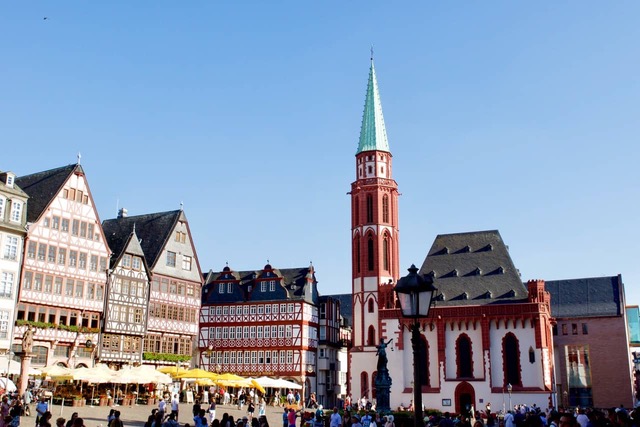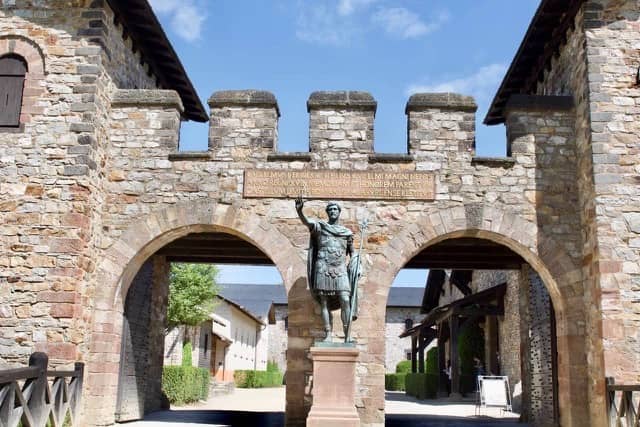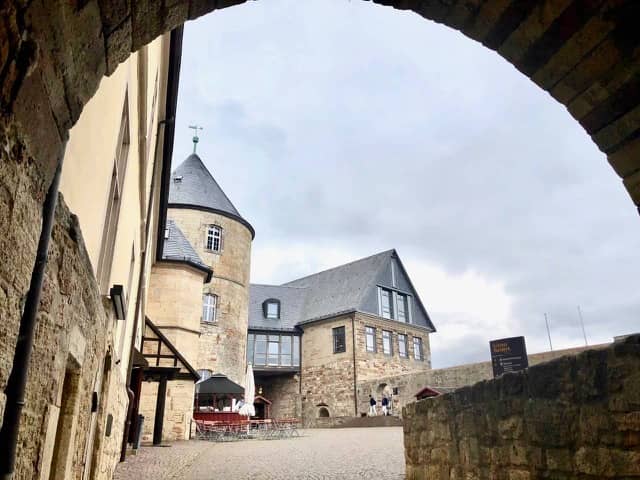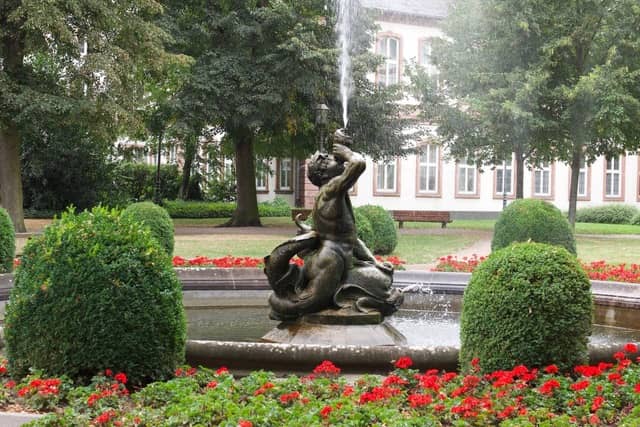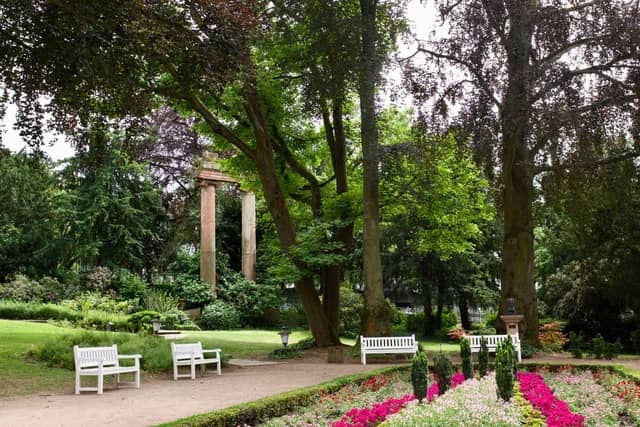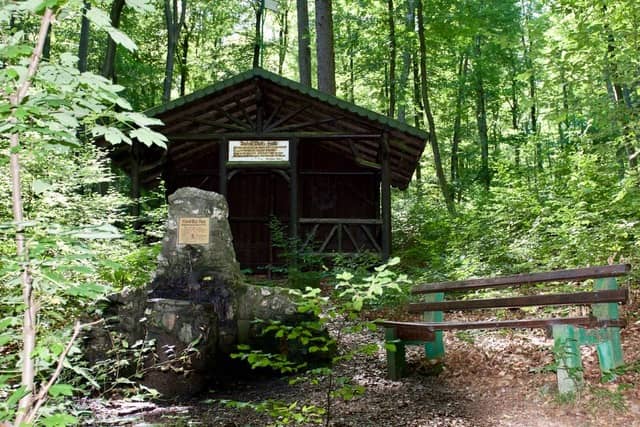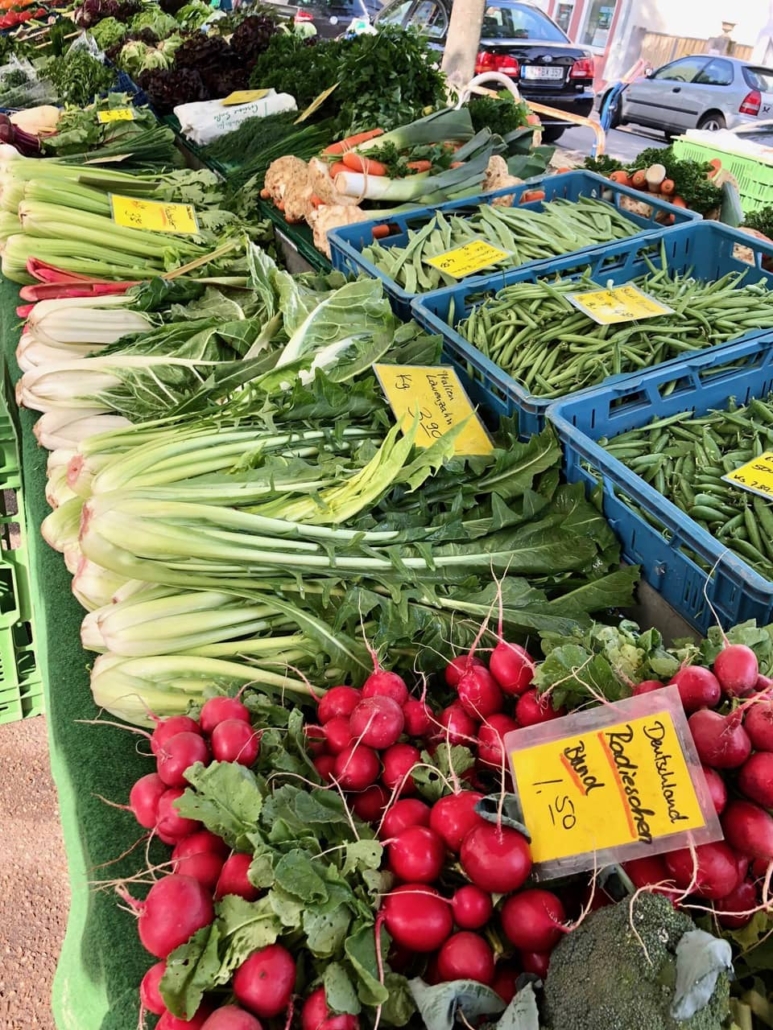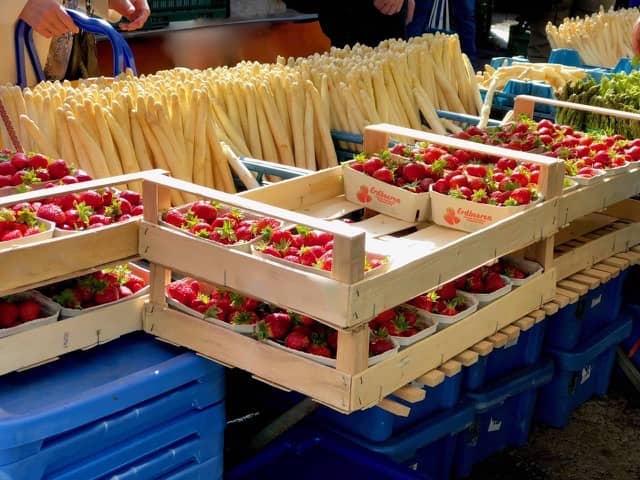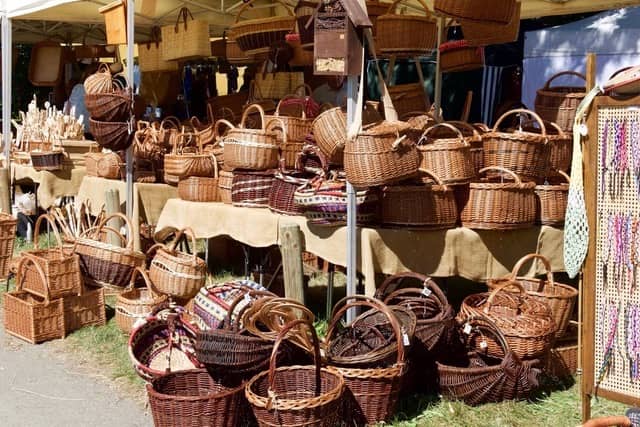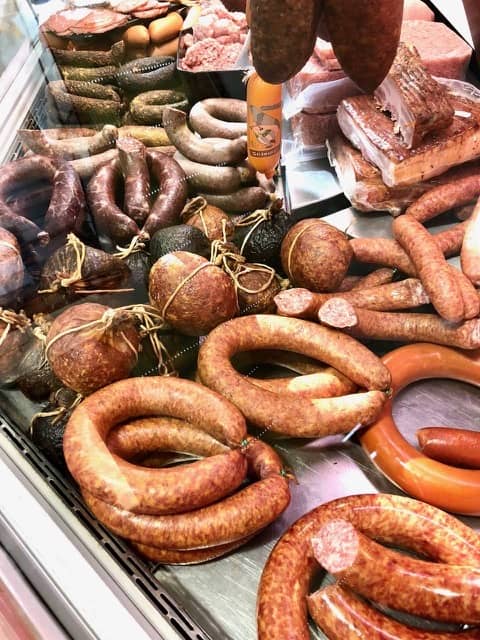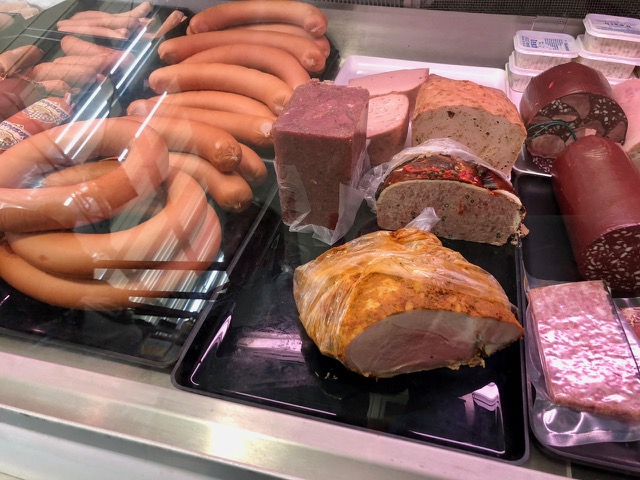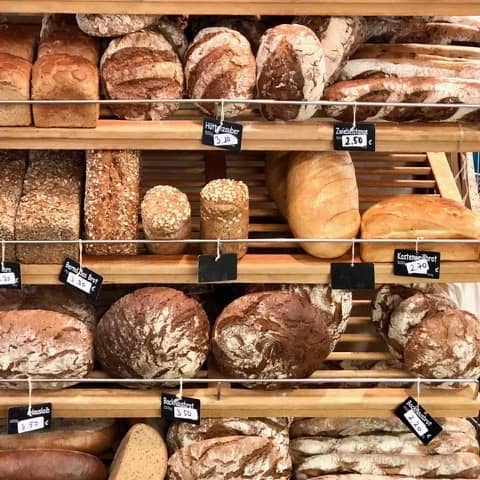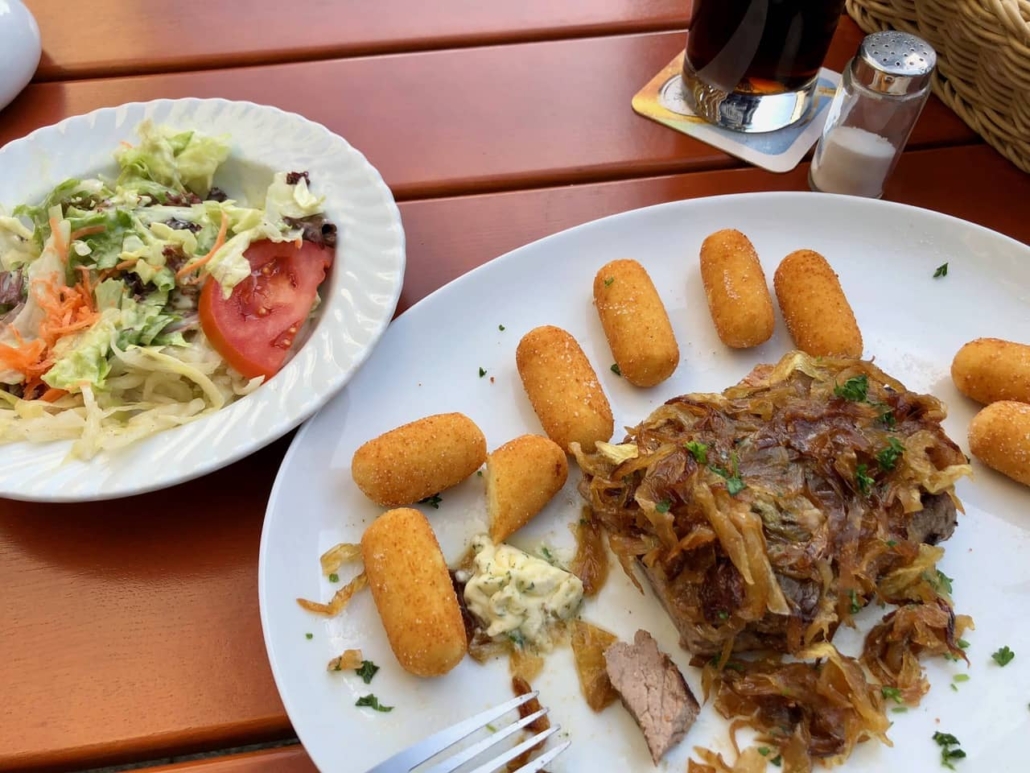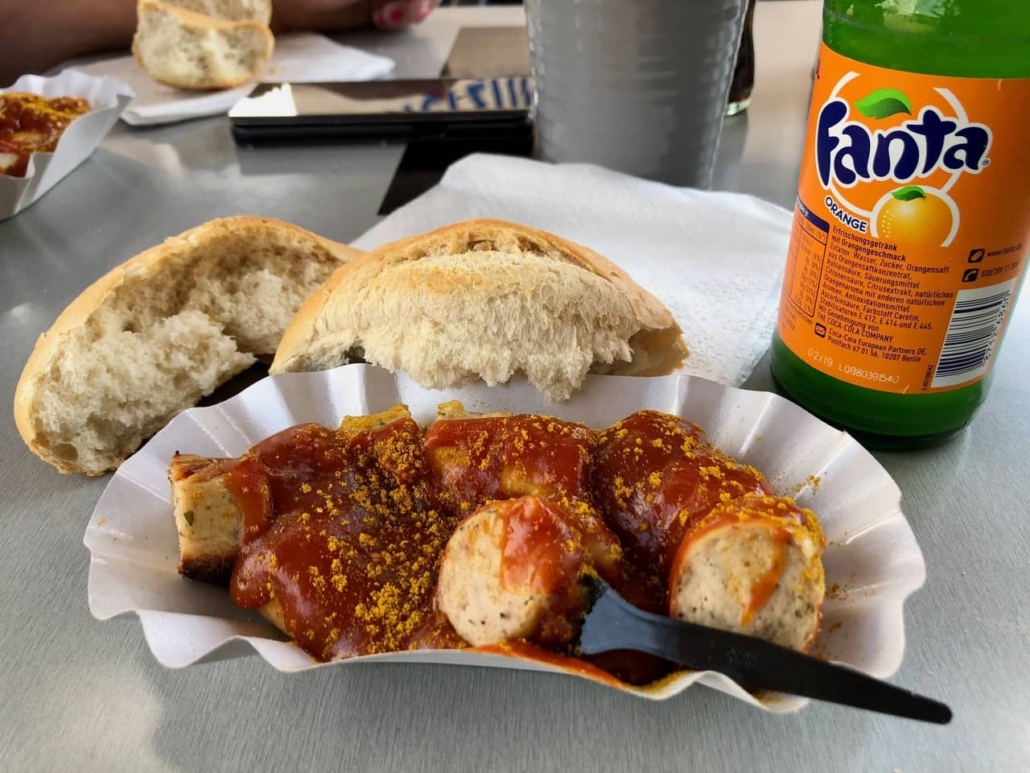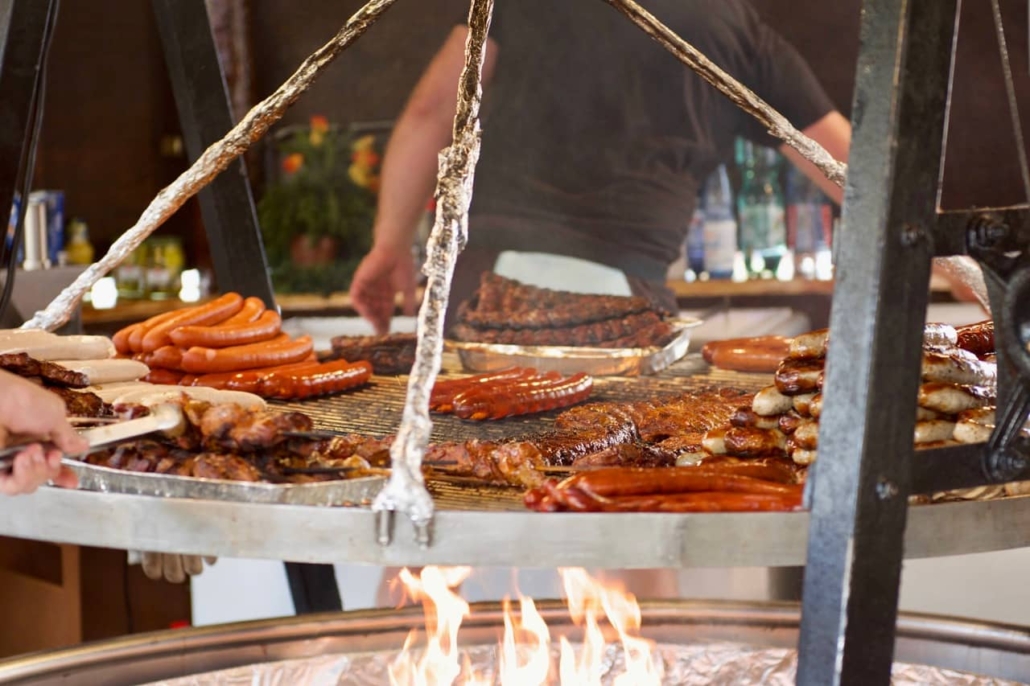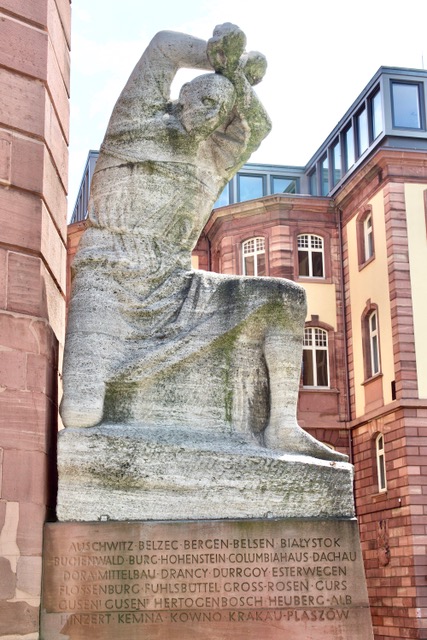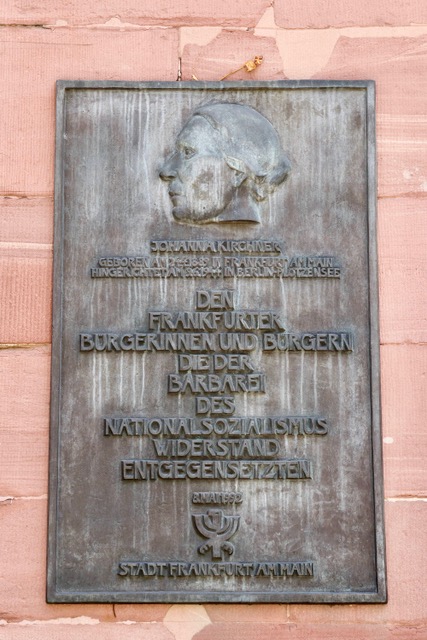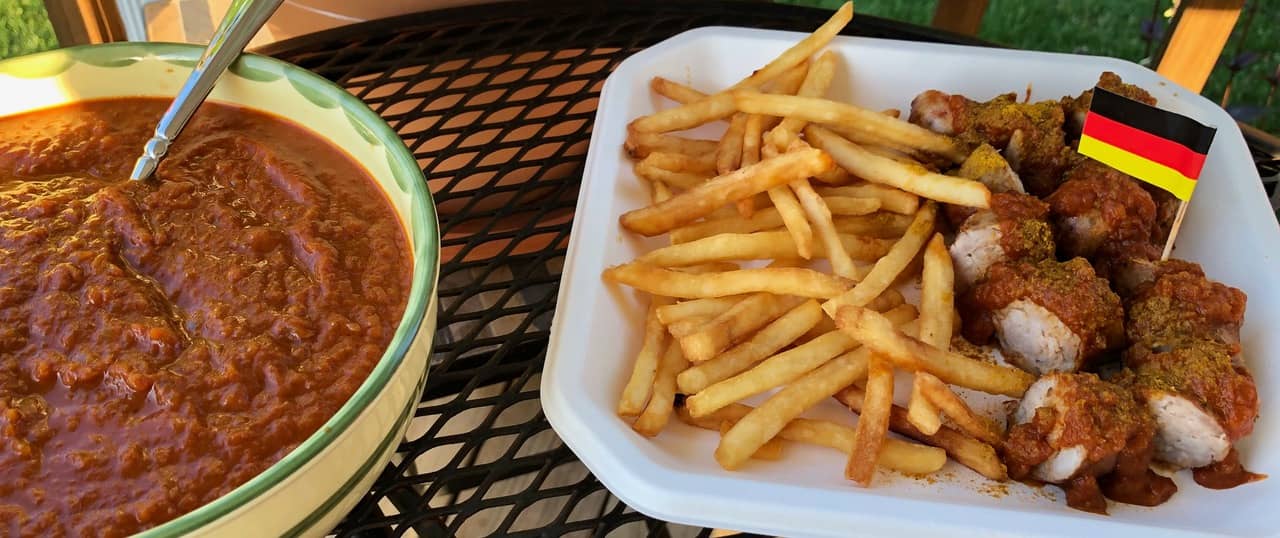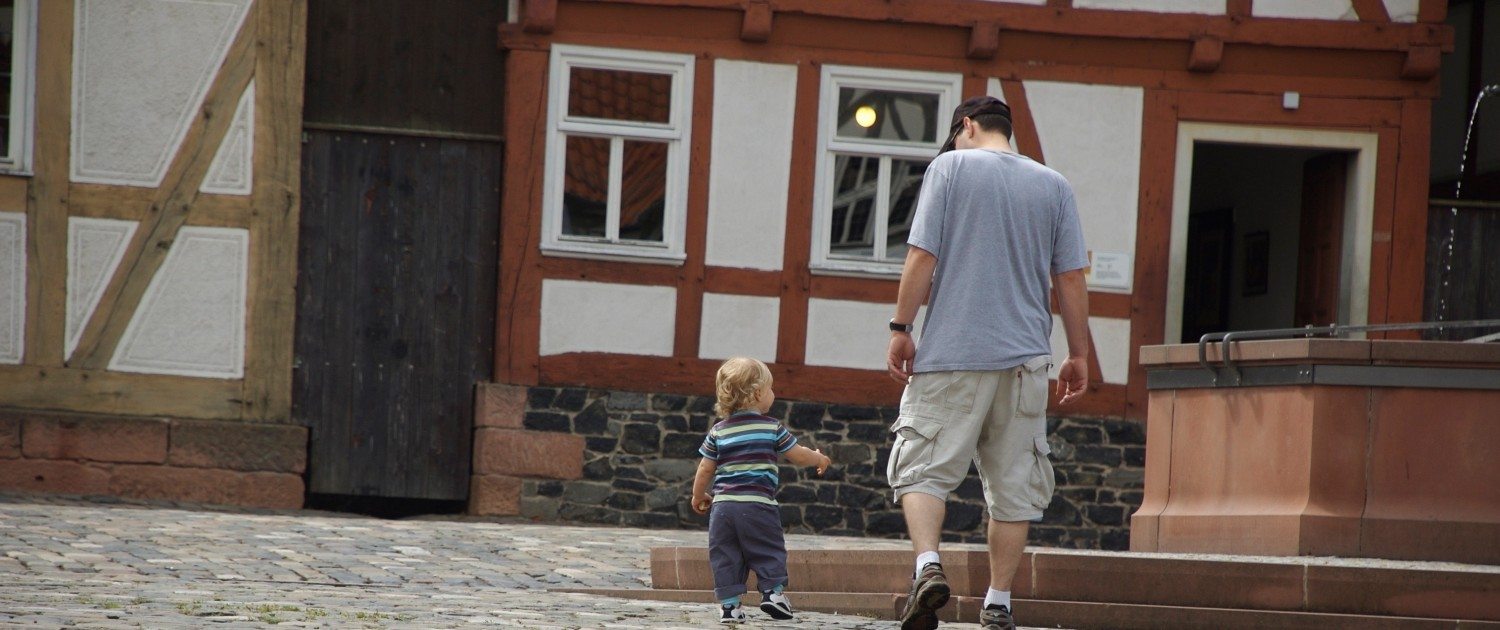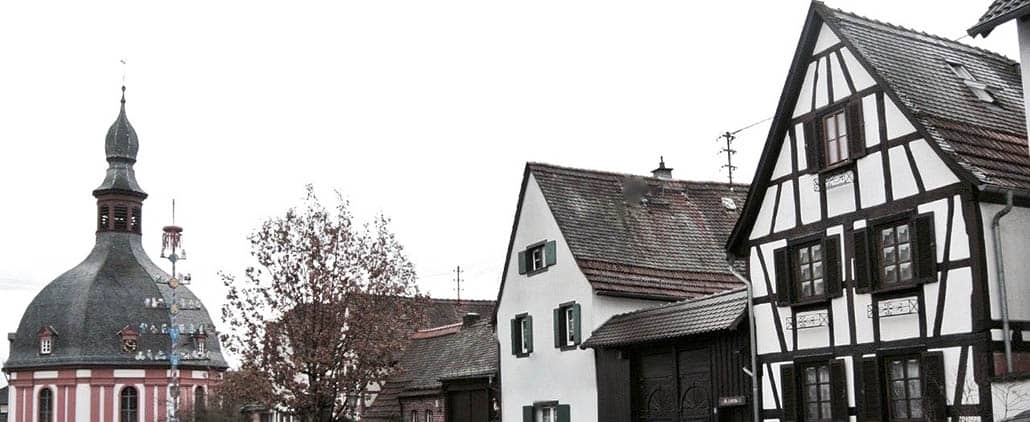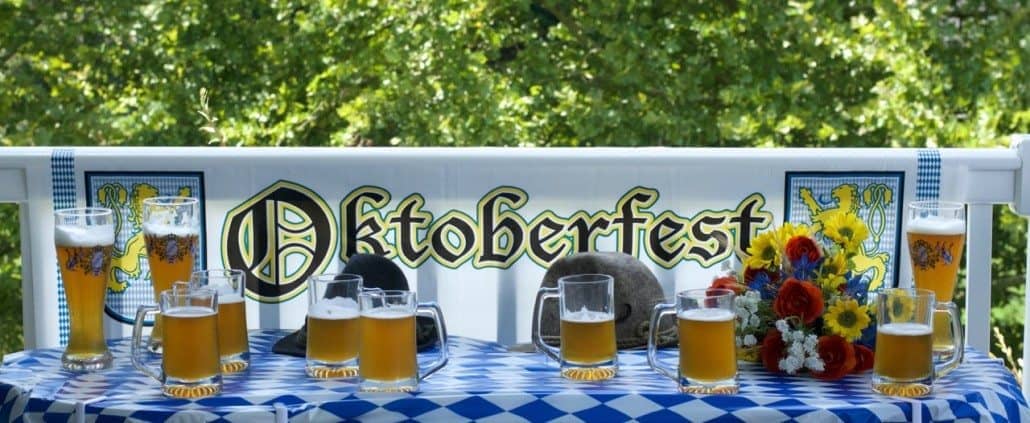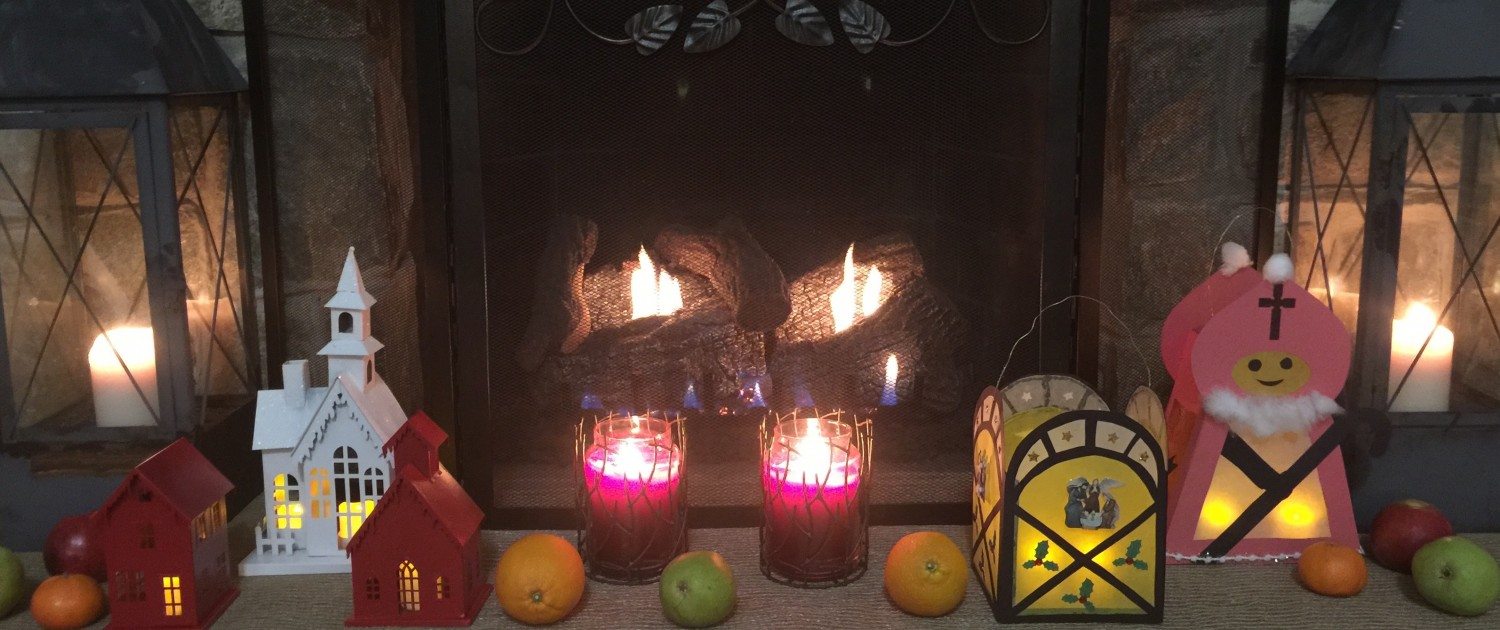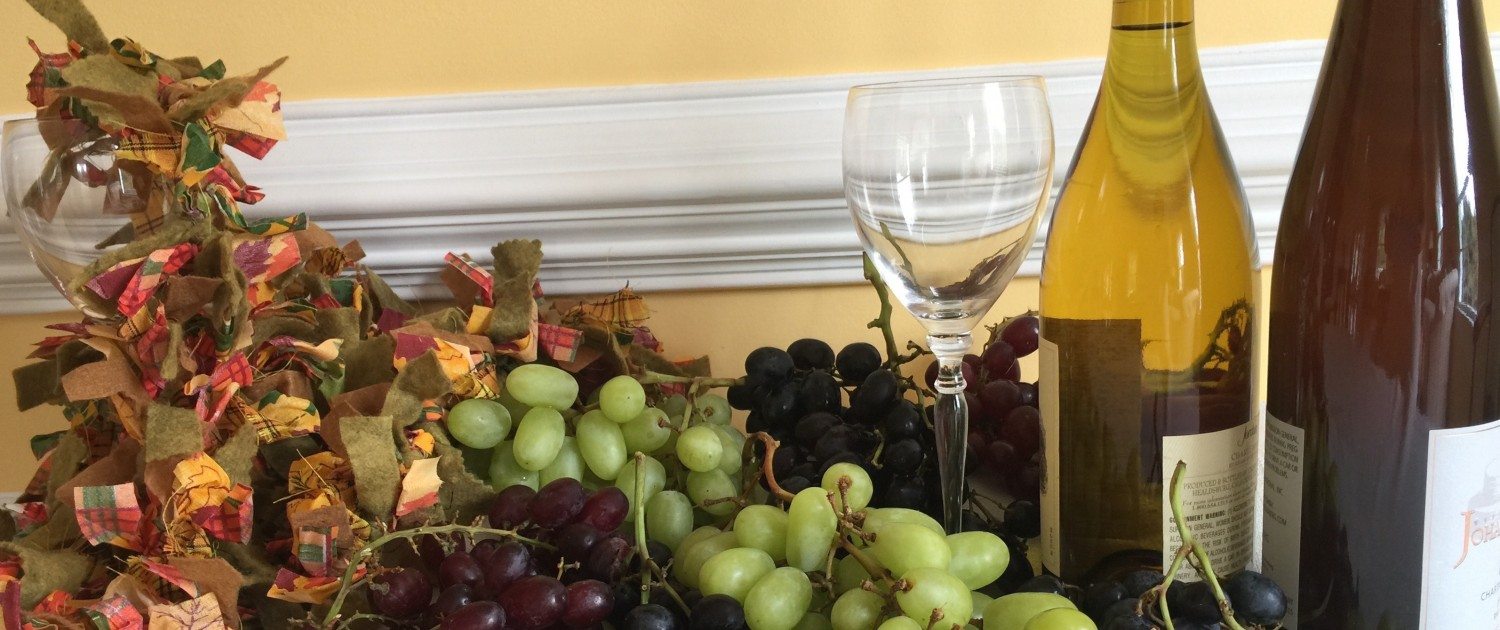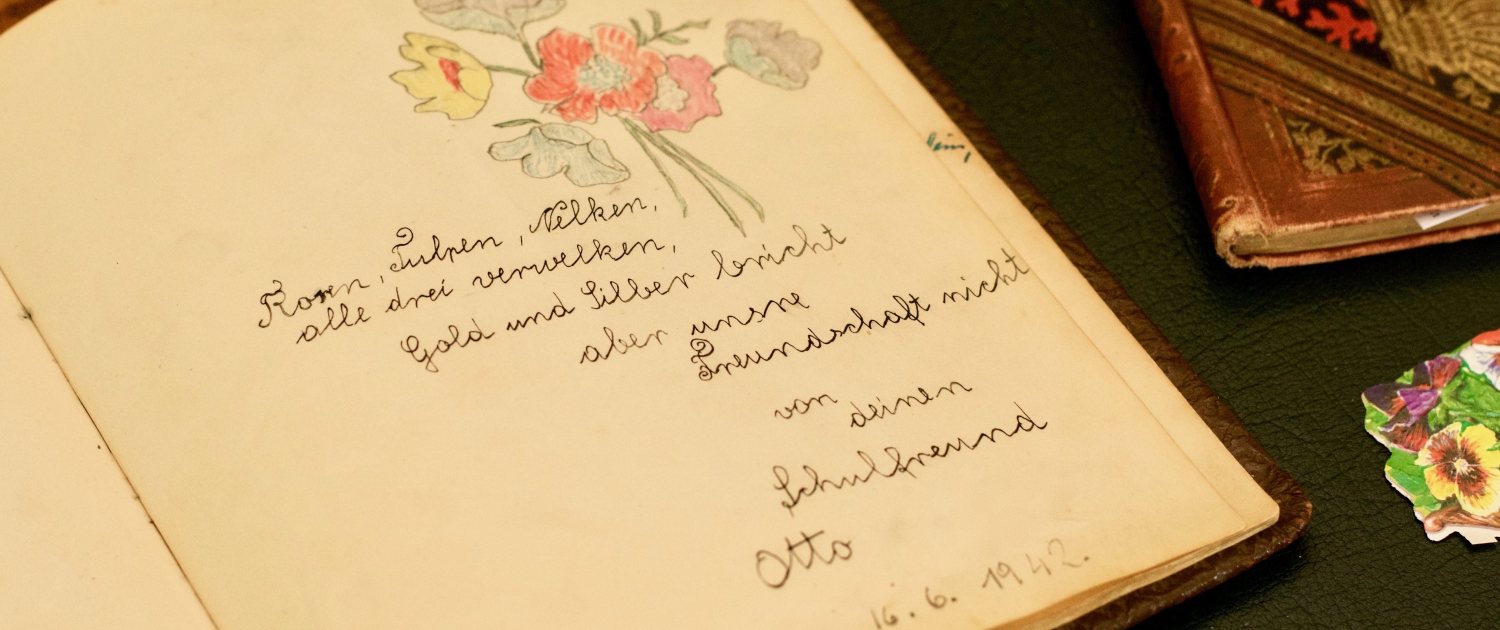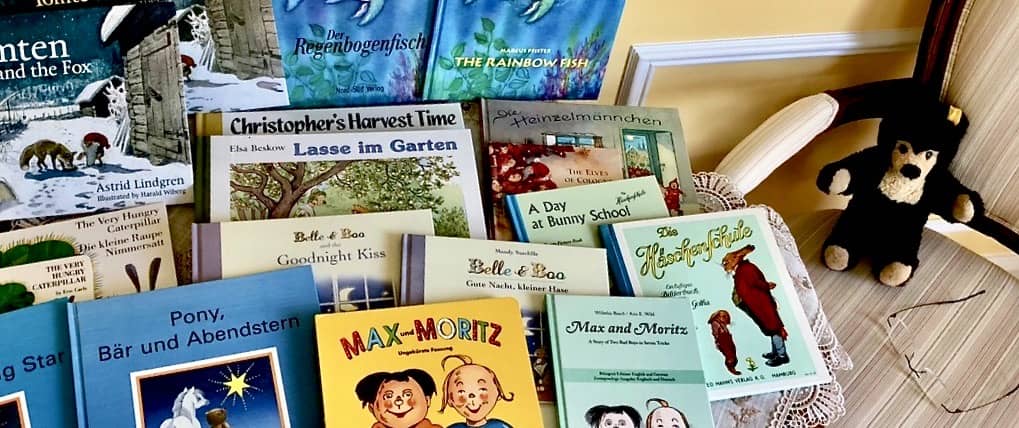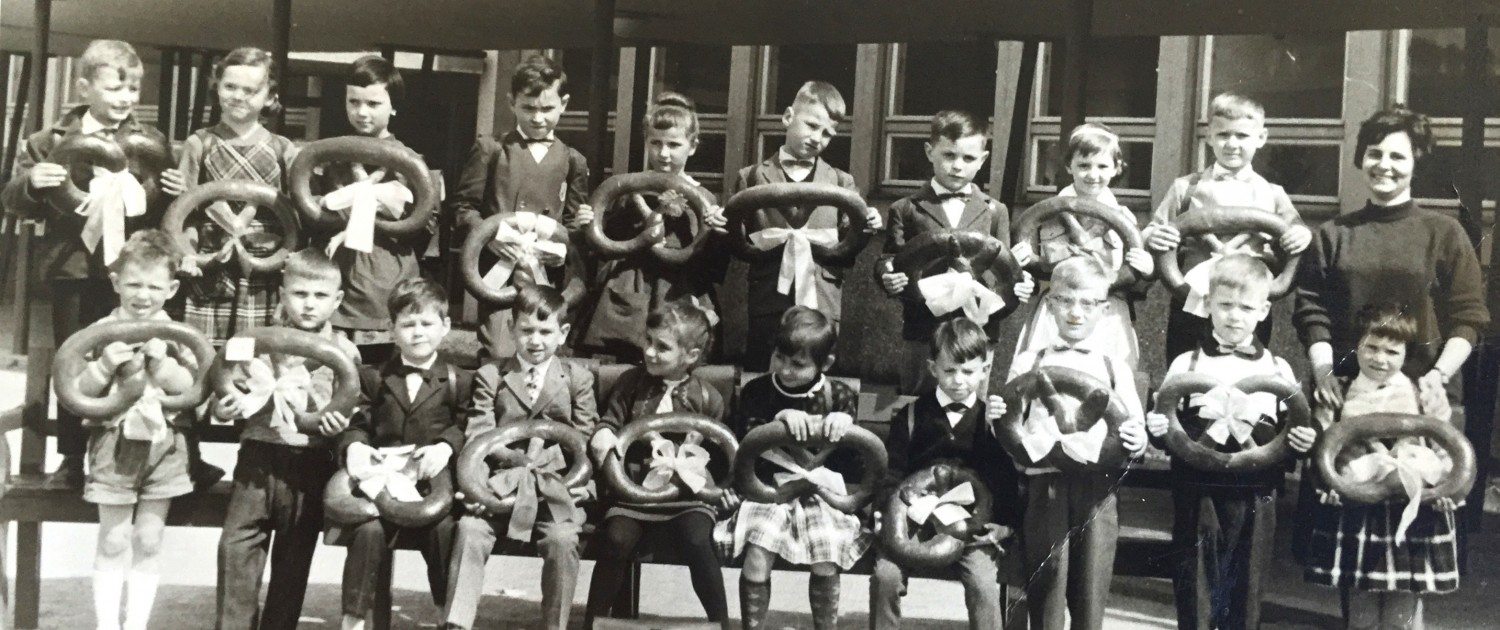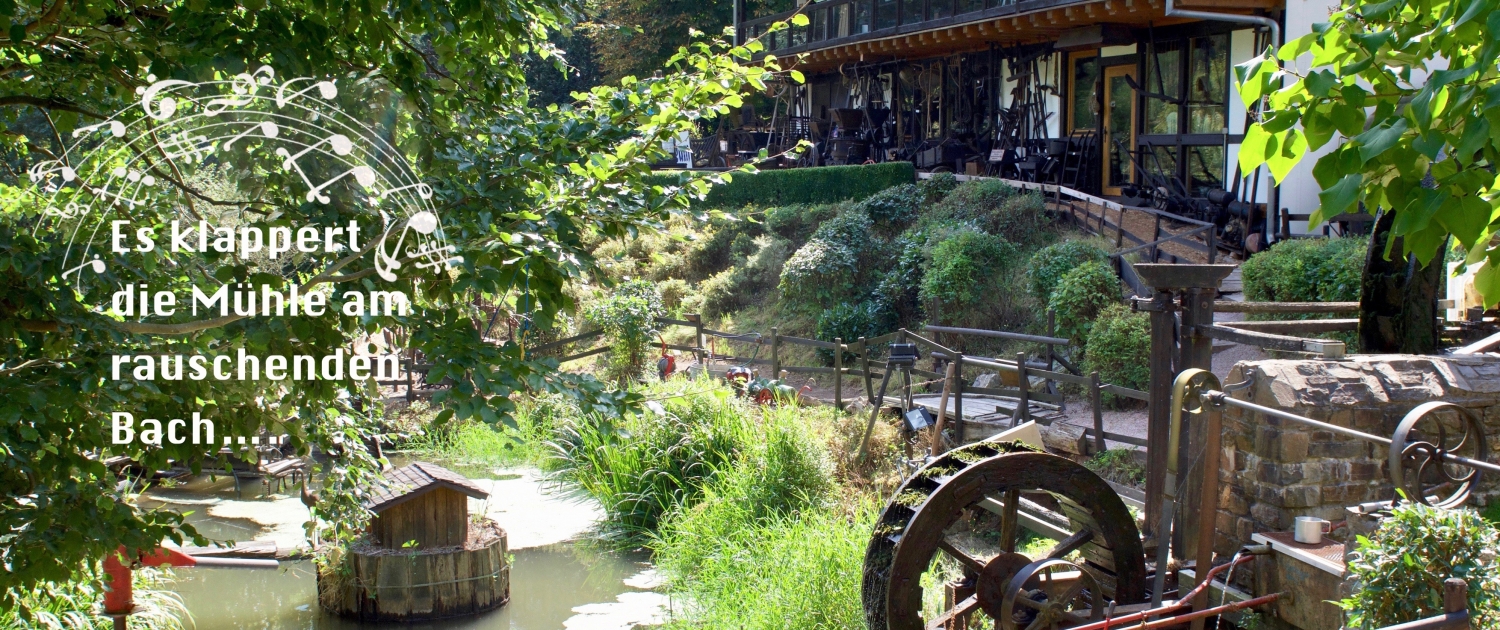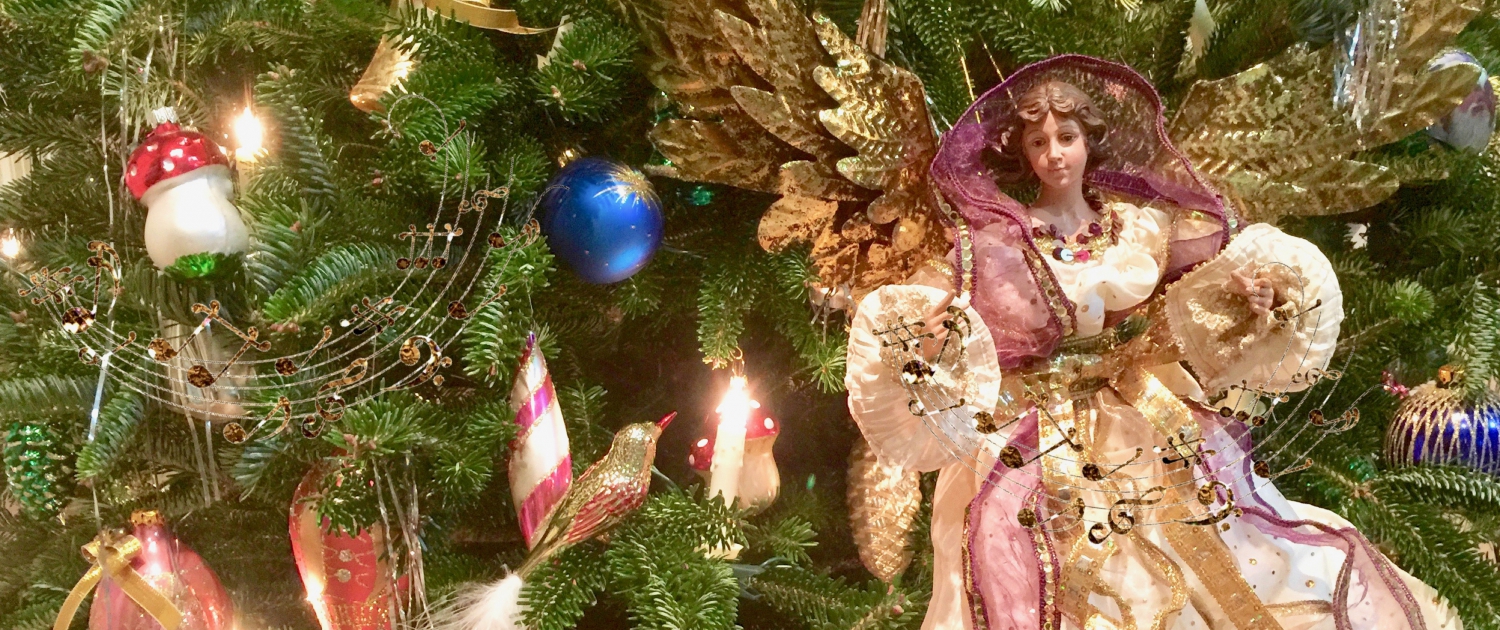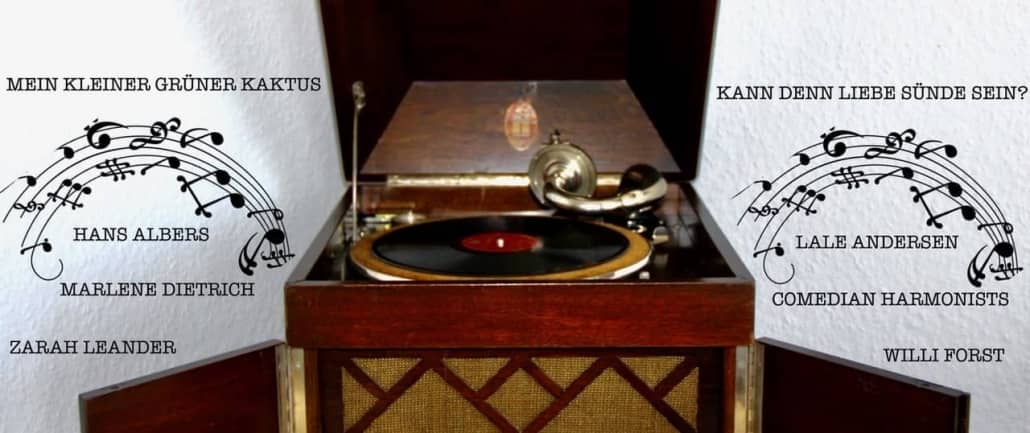German Culture
German Culture is much more than Schnitzel, Lederhosen, and Jodel Music. Whereas English-speaking countries call it Germany, we call it Deutschland. The language is German, but depending on the region, it has many dialects, which could differ within a small distance. I remember when I visited a few years ago with my oldest son, and he heard me speaking my hometown dialect for the first time. He is fluent in German but doesn’t understand a word.
Deutschland is known as the country of Poets and Thinkers. Wolfgang von Goethe, Friedrich Schiller, and Theodor Fontane are just a few to mention. Johann Gutenberg invented the first movable-type printing press to make it possible to print the words of poets and writers into a book. The first book he printed was the bible.
German Facts
Furthermore, Germany is also known for their famous composers Bach, Beethoven, Wagner, and Brahms. Brahm’s “Wiegenlied” is still as loved and played all over the world today as when it was composed in 1868.
Germany is one of the most advanced countries in engineering, and without Werner von Braun, there would not have been a flight to the moon at the time. Besides higher education, Germany offers many options for apprenticeships, particularly known for their excellent craftsmanship. For example, the handmade wooden pyramids and figurines produced in the Erzgebire are well-known and collected worldwide.
All over Germany, castles, cathedrals, monuments, and timbered houses reflect the history of Germany and make it an exciting travel destination.
The bicycle plays a significant role in Germany and is one of the most used vehicles for grocery shopping and short distances. Therefore many towns have especially bicycle paths. In addition, the Germans enjoy going to one of their beautiful parks or walking on forest paths in the woods in their free time.
German Culture, Life and Celebrations
Next to the weekly farmer’s markets, we also have seasonal markets throughout the year, offering handmade woven baskets, pottery, kitchen gadgets, linen, handmade wooden toys, glass ornaments, and much more, very often in the company of small farm animals like chicken, geese, and sheep. In addition, the weekly markets offer homegrown vegetables, fruit, herbs, flowers, meat, bread, and milk products. When the white asparagus season started, I always liked to go there. Usually, the farmers offered homegrown strawberries at the same time.
Holiday Celebrations
The Christmas markets all over Germany are the year’s highlight and are also popular in foreign countries adopting them. Fasching is a special weeklong celebration with an hourly parade in large cities on shrove Monday ending on Ash Wednesday. New Year’s Eve performances include street fireworks, and Octoberfest is one more big party that started in Bavaria. The First Day of School is a typical German celebration, including a school cone filled with goodies. The Weinfest offers winetasting starting in summer, with onion cake served as a snack. The dance in the month of Mai festivities goes back to the 16th century. A “Maibaum,” if available, birch (Maipole) is decorated on the market square, and people dance around celebrating spring with good food and drinks. Clearly, besides the holidays like Christmas and Easter, Germans find reasons to come together to have a party.
German Culture – German Food
We for sure like the large variety of bread and wurst, which Germany is well known for.
Besides, home cooking and baking are a given. Oriented to the season and using homegrown produce from the garden, the German kitchen offers a variety of healthy food, and nobody needs to be hungry. Moreover, exclusive baking goods have become delicacies recognized and copied in many countries. Besides home cooking, people of Germany also like to visit from time to time a restaurant or get a currywurst on a street stand or a bratwurst from a swivel grill.
As shown above, German culture is diverse and unique, with its rich history, traditions, and celebration of life influenced by the past and the neighboring countries. The Germans proudly share their experiences with other nationalities, who gladly adopt them like the Christmas Tree and the Easter Bunny.
Even so, our history has some black spots; we made sure to educate the generations after us. Statues and plaques are a constant reminder in many places.

